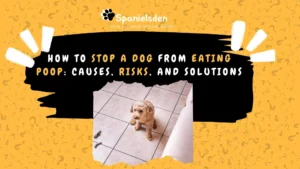It’s really tough when your senior dog isn’t eating but still drinking water. While it’s normal for older dogs, like Cocker Spaniels, to eat less, it could also mean something’s going on.
Table of Contents
Toggle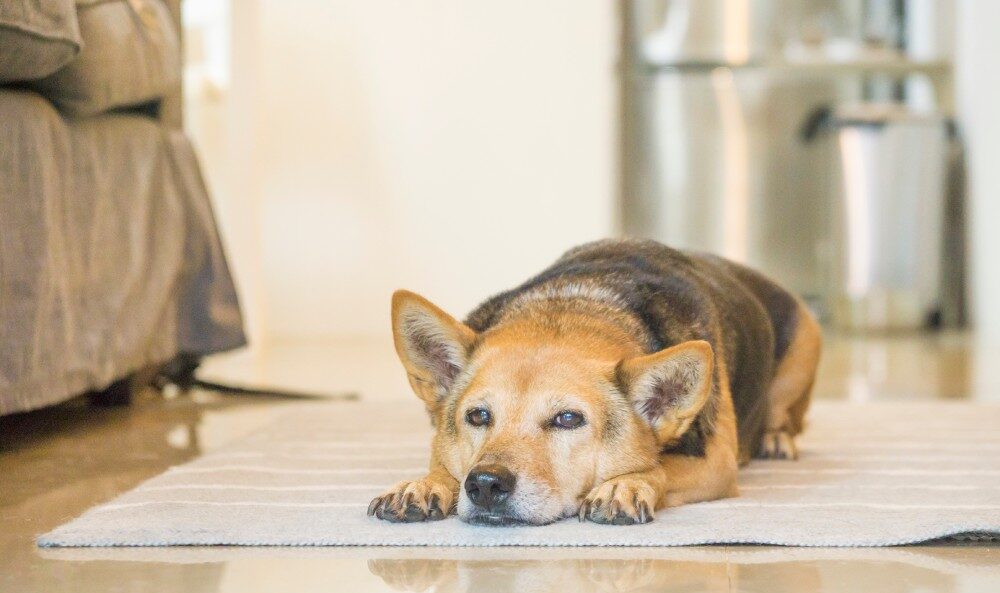
If it lasts, it’s a good idea to figure out what’s causing it and get your dog the right care to keep them happy and healthy.
When Your Senior Dog Stops Eating: What to Do Next
When a senior dog is not eating but still drinking water, it’s natural for pet parents to be concerned. It’s important to investigate the underlying causes and provide the right care and support by consulting a veterinarian.
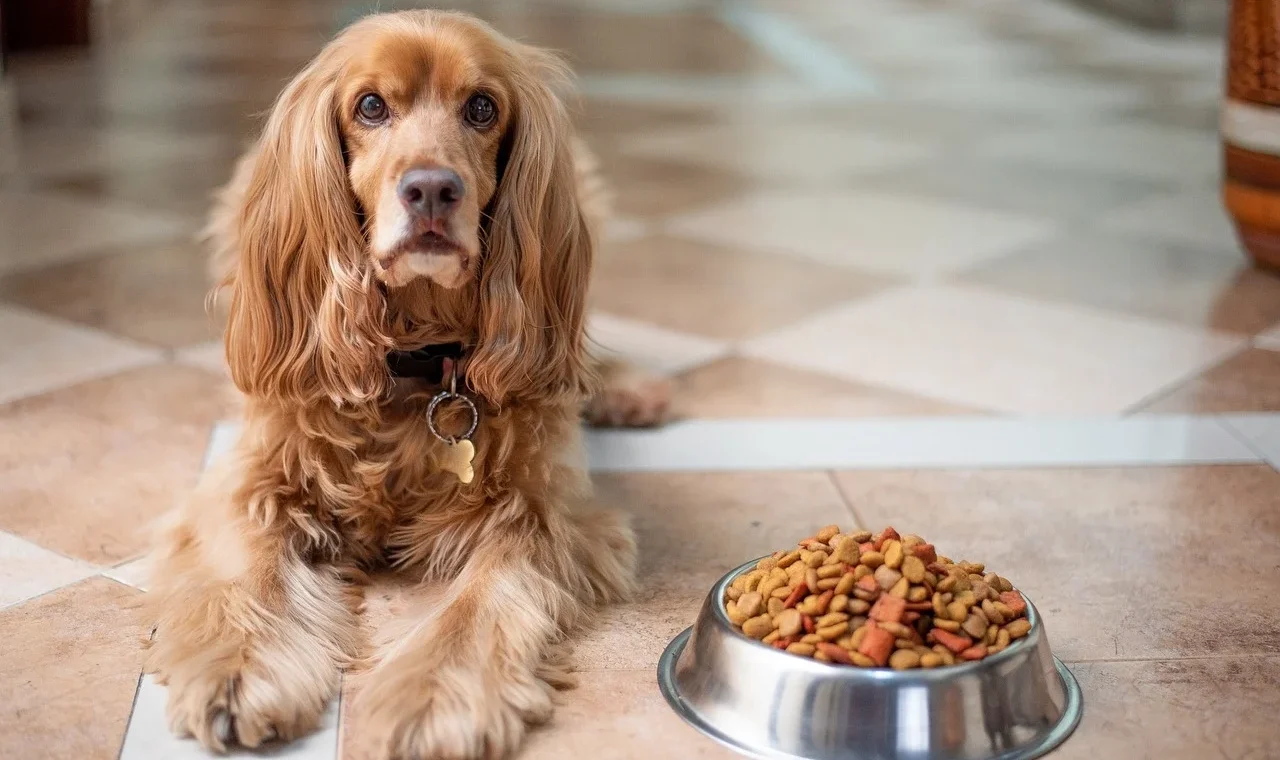
Simple steps, such as making mealtime more appealing, can help your aging canine companion regain their appetite and enjoy their golden years in good health and happiness.
Age-Related Appetite Changes in Senior Dogs
First off, it’s totally normal for senior dogs to eat less as they get older. Their energy levels go down, and their appetites often follow suit.
But if your dog suddenly stops eating or if their appetite drops dramatically, it’s a good idea to look into it further
Senior Dogs vs. Younger Dogs: Energy and Appetite Differences
If your senior dog isn’t eating as much as they used to, it might just be because they’re not as active as they were in their younger years.
Senior dogs typically don’t burn as much energy, so they don’t need as much food. They may also lose their sense of smell and taste, making food less appealing to them.
Stress and Environment: Impact on Eating Habits
Sometimes, changes in your dog’s environment or daily routine can lead to stress.
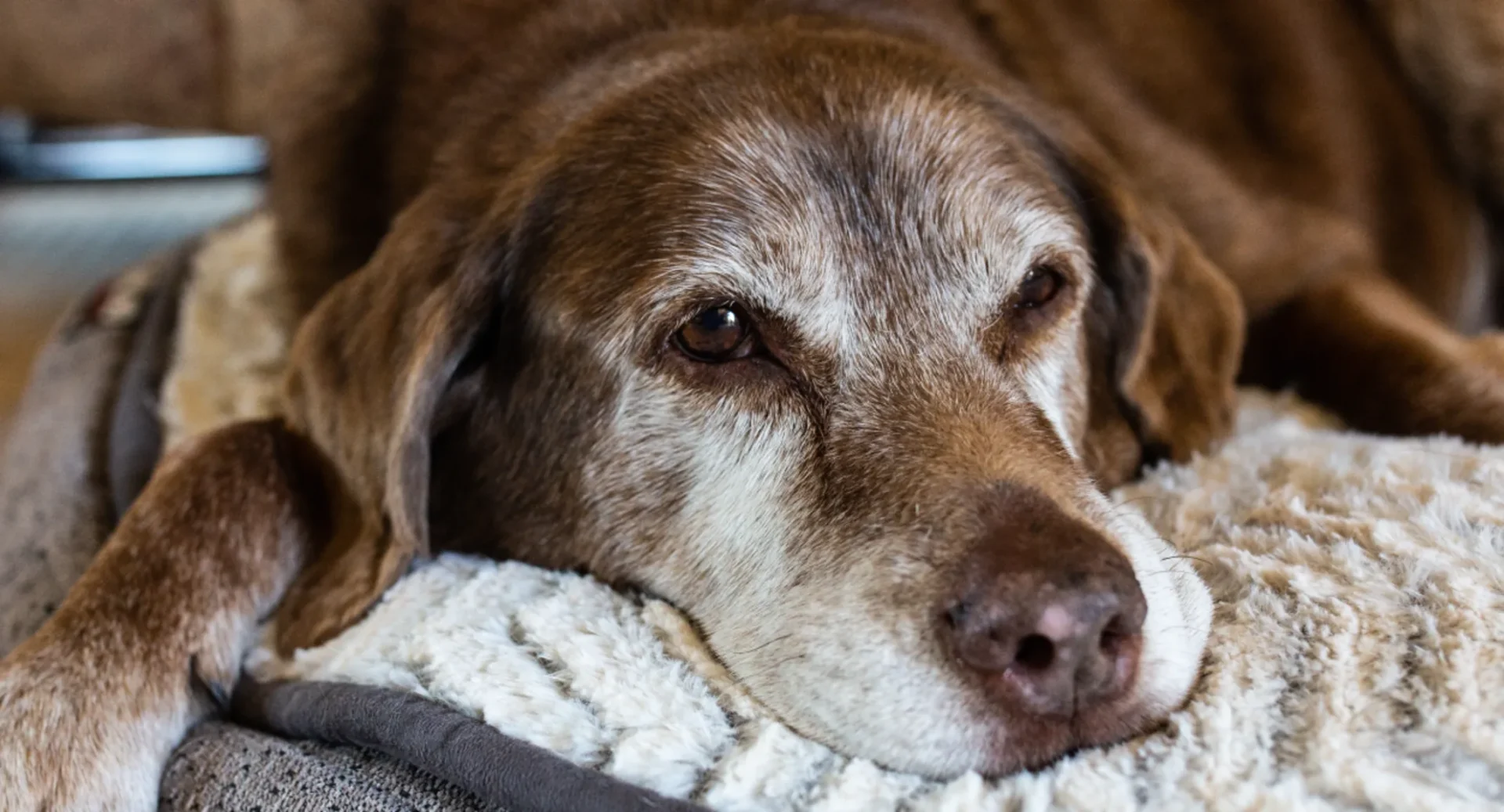
If something in their surroundings has shifted like a new pet, a move, or even a change in your schedule your dog might be feeling anxious, which could affect their appetite.
Subtle Changes vs. Drastic Appetite Shifts
While a slight decrease in food intake is normal for older dogs, a sudden and drastic change in appetite is a red flag.
If your dog’s eating habits suddenly change, it’s worth scheduling a checkup with your vet to rule out any health concerns.
Common Reasons for Appetite Loss in Senior Dogs
If your dog is drinking water but not eating, there could be a few different reasons behind it.
Here are some of the most common culprits:
Dental Problems in Senior Dogs
One of the most common reasons senior dogs stop eating is dental issues. If your dog has a sore tooth or gum disease, eating could be painful.
Look for signs like bad breath, drooling, or discolored teeth. If you notice any of these, a trip to the vet can help get things sorted.
Gastrointestinal Problems and Appetite Loss
Dogs, especially seniors, can develop digestive problems like pancreatitis or inflammatory bowel disease, which can make them feel nauseous and less interested in food.
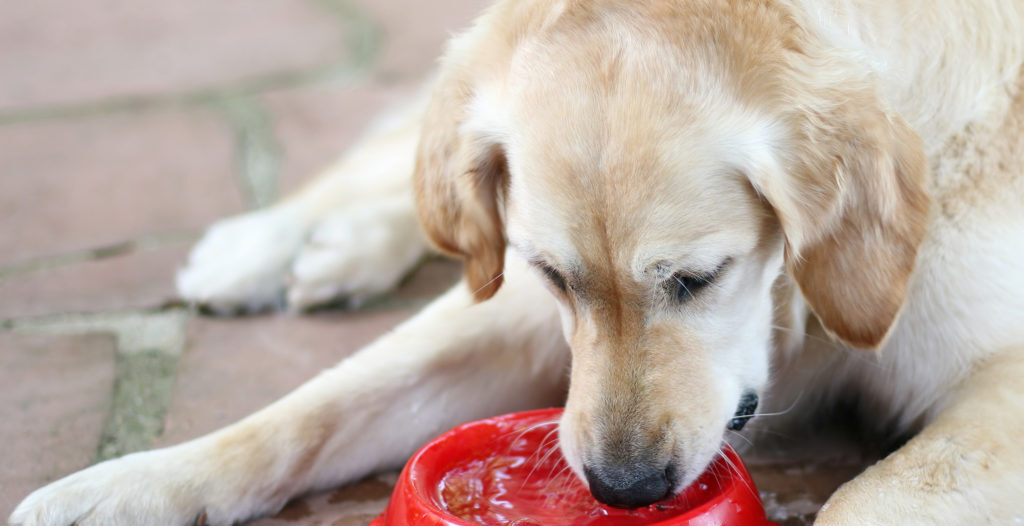
Even something like acid reflux or a mild stomach upset can reduce their appetite, even though they’re still drinking water.
Kidney Disease and Appetite Changes
Kidney disease is common in older dogs, and it often leads to a decreased appetite. Dogs with kidney issues might drink a lot of water and urinate more frequently, but eating can become a challenge.
Nausea and dehydration from kidney disease can make them feel unwell, which impacts their desire to eat.
Cancer and Appetite Loss
Unfortunately, cancer can also be a reason why your dog’s appetite drops. Tumors in the mouth, throat, or gastrointestinal tract can cause pain when eating, making your dog hesitant to take food.
Cancer treatments, like chemotherapy, can also cause nausea, vomiting, and a general loss of appetite. If you notice other symptoms like weight loss or lethargy, it’s time to consult your vet.
Stress and Environmental Changes
A shift in your dog’s routine or living situation can cause them to feel anxious, leading to a temporary loss of appetite.

Whether it’s a new family member, another pet, or even a change in their favorite place to eat, these kinds of stresses can cause appetite issues. However, if the stress doesn’t go away, it might be time to seek professional advice.
How to Encourage Your Senior Dog to Eat?
If your dog is sniffing their food but not eating it, you’re probably feeling a little worried. But don’t panic just yet.
Here are some things you can try to help them regain their appetite:
Adjust Feeding Habits
Try feeding your dog smaller, more frequent meals throughout the day. This can help with digestion and might make the food more appealing.

Also, check the temperature of the food ,you’d be surprised how warming it up a bit can make a difference. And make sure the food is fresh sometimes dogs won’t eat if it’s stale or spoiled.
Encourage Hydration
If your dog isn’t eating, hydration is still super important. Always make sure they have access to clean, fresh water. If they’re not drinking enough, try adding some low-sodium chicken or beef broth to make it more enticing.
Mixing in a bit of canned food with water or broth can help boost both hydration and appetite.
Tempt with Flavorful Food
If your dog has lost their sense of taste, it might help to switch up their meals. You can try more flavorful foods, or add some low-sodium bone broth to enhance the smell and taste.
Just be careful when introducing new foods slowly is the way to go to avoid upsetting their stomach.
Create a Comfortable Environment
Sometimes, stress is the culprit behind your dog’s loss of appetite. Make sure they have a quiet, comfortable place to eat, and minimize any potential stressors in their environment.
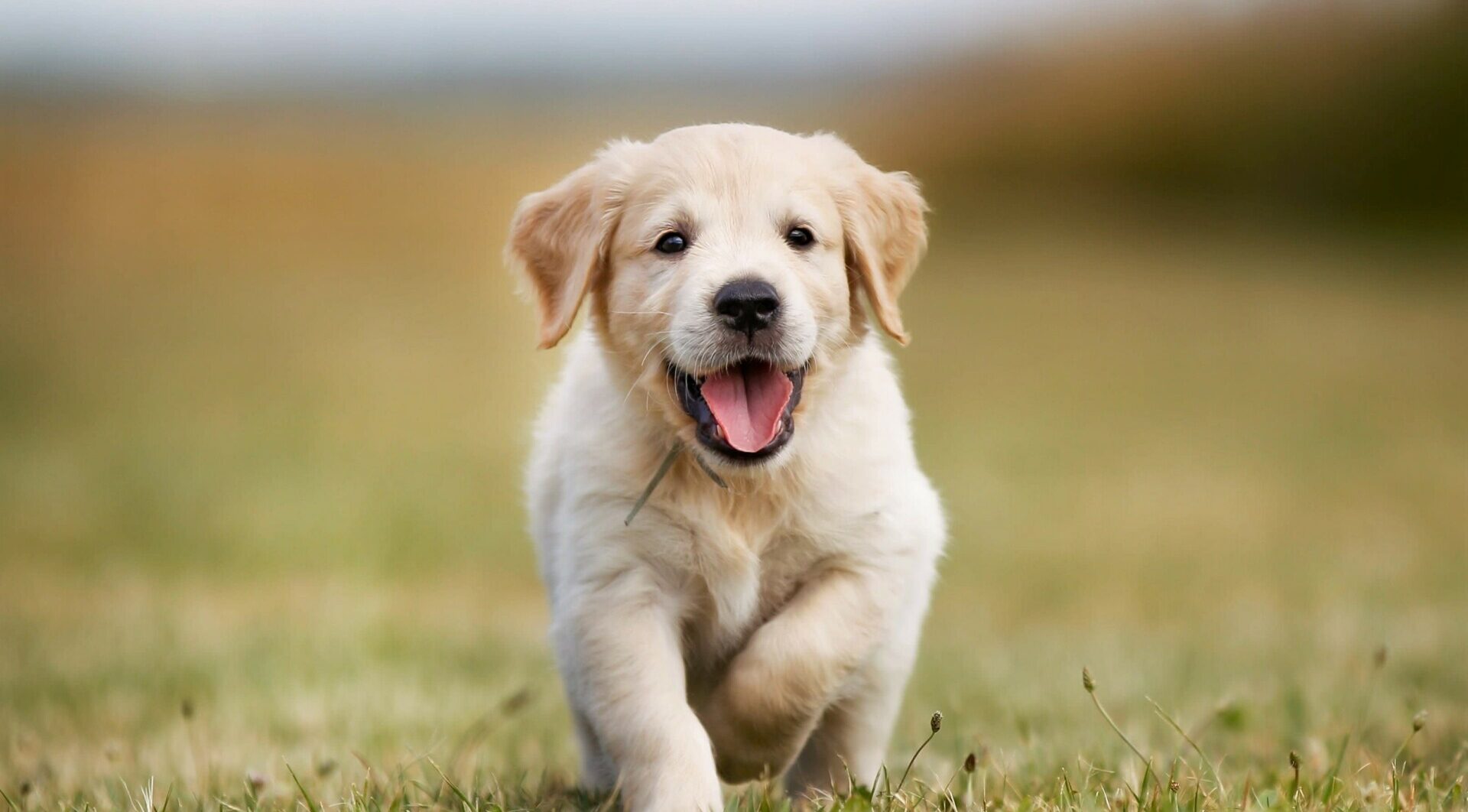
A calm space might be just what they need to feel comfortable enough to eat again.
When to Contact a Veterinarian?
If your senior dog hasn’t eaten for more than 24 hours and is showing signs like vomiting, diarrhea, weight loss, or lethargy, it’s time to reach out to your vet.
While it’s normal for a dog to skip a meal now and then, a prolonged lack of appetite can indicate something more serious.
Warning Signs to Watch For
Look out for other signs like sudden behavior changes, lethargy, or vomiting. If you notice any of these, don’t hesitate to take your dog to the vet for a checkup.
Time to See the Vet
If your dog has been off food for several days, it’s important to seek veterinary care. A sudden change in eating habits could be a sign of something more serious that needs to be diagnosed and treated as soon as possible.
What to Expect During a Vet Visit?
During your vet visit, expect a thorough check-up. Your vet will likely take your dog’s medical history and perform a physical exam to look for any signs of illness or discomfort.
From there, they might recommend tests like blood work, X-rays, or even an ultrasound to get to the bottom of the issue.
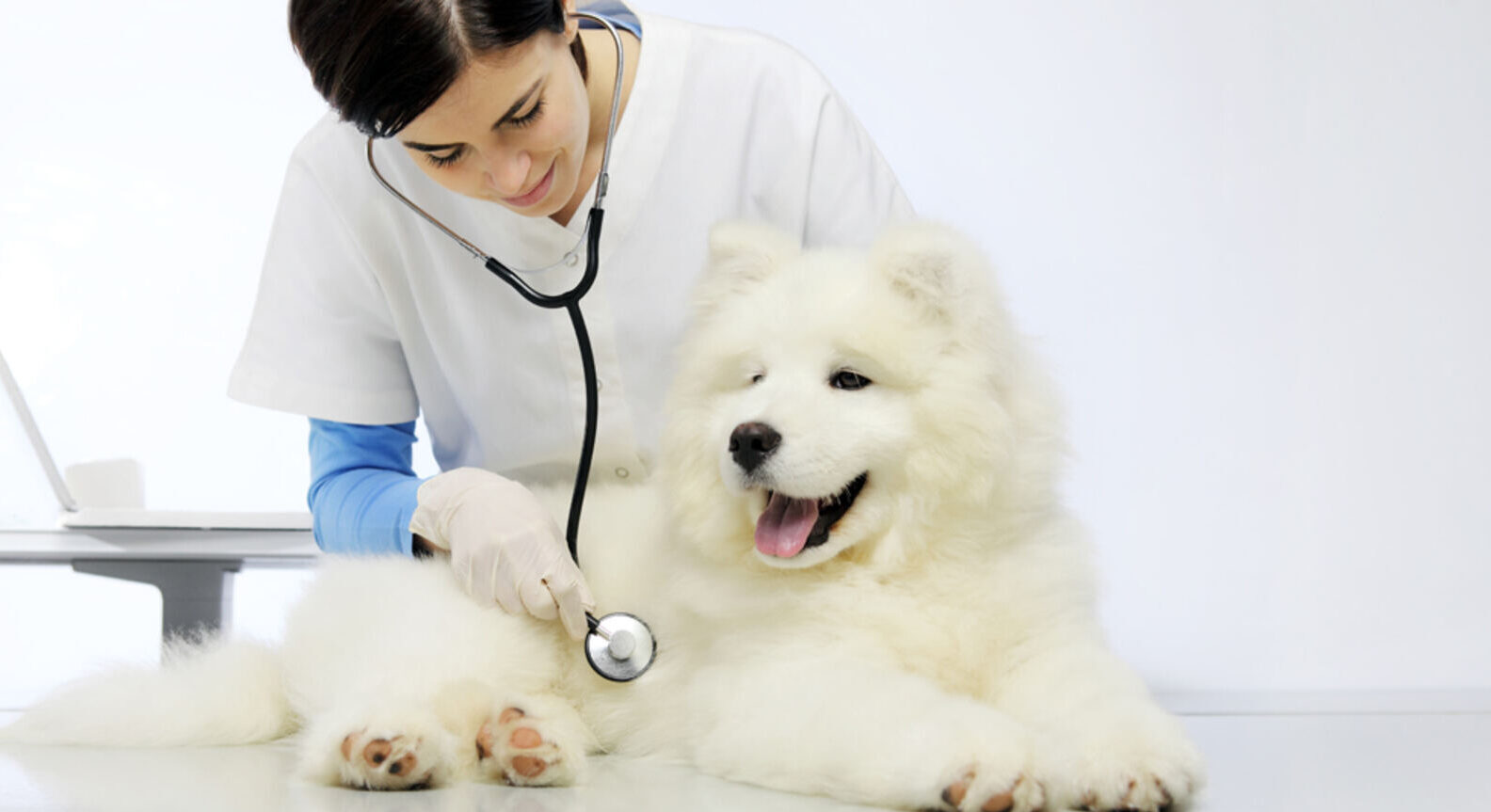
Diagnostic Tests
Depending on what the vet finds during the exam, they may suggest further tests. These could include:
- Blood tests and urinalysis
- X-rays to check internal organs
- Ultrasound to look for masses or other issues
Dental Care
If your dog has dental issues, your vet might recommend cleanings, extractions, or antibiotics to treat the problem.
Treatment for Digestive Issues
For digestive problems, your vet may prescribe medication or suggest a special diet to help your dog feel better.
Managing Metabolic Diseases and Infections
Treatment for conditions like kidney disease or diabetes may include changes to diet, medication, and possibly fluid therapy.
Pain Management and Supportive Care
If your dog is in pain, your vet will likely provide pain relief medications to help them feel more comfortable and improve their appetite.
Final Thoughts
It can be tough when your senior dog isn’t eating, but still drinking water. The key is to figure out why this is happening. Whether it’s an age-related change or a health issue, it’s important to get to the bottom of it.
By keeping an eye on your dog’s overall health and consulting your vet, you can make sure your dog is comfortable and living their best life in their golden years.
FAQ’s
Why is my old dog not eating but drinking water?
If your senior dog drinks water but won’t eat, it could signal an upset stomach, a serious issue like kidney or liver disease, diabetes, a blockage, or even cancer. Consult a vet to identify the cause.
What to give a senior dog that won’t eat?
If your senior dog won’t eat, it could be due to health issues or food preferences. Try softening food with water or chicken broth, or offer canned food. Consult a vet if the problem continues.
How long can a senior dog go without eating?
A senior dog can survive a few days without eating, but 5+ days can cause serious organ damage or death. Contact your vet promptly if they haven’t eaten for several days.





